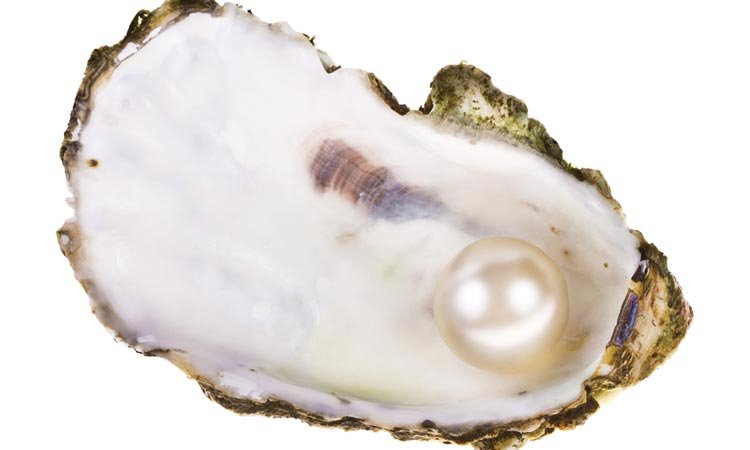Always on the lookout for something pretty, I noticed a small nugget of smooth glass as I walked along the beach. When it’s smooth and polished, an ordinary piece of glass seems precious, like something to be showcased in a beautiful wind chime, necklace charm, or the like. The ocean does the same thing to wood. A smoothed and polished piece of driftwood can be changed from a worthless branch to the material designer furniture and art are made from. Each piece of wood or glass that is smoothed by sand and water is unique, and some have even been collected or sold.
Nature is full of examples where harsh circumstances convert something of little worth or beauty into something exceptional and valuable: the pearl, the diamond, the hardwood that grows high in the mountains. Even maple syrup needs cold and long winters for there to be enough sap for production. 1 You can also find a lot of examples of harsh circumstances creating extraordinary people—those who are empathetic and gifted with wisdom, hope, joy, patience, self-sacrifice, or other admirable qualities.
But where you actually have to go to breed these qualities is not always pretty, and often, it’s a place you do not want to go to, a place you fight going to.
I’ve never experienced anything extremely traumatic in my life. I still have all my limbs, no one’s been shot before my eyes or died in my arms, but there have been times in my life when God took me to that broken place through other means, like embarrassing big mistakes, changes I did not like, personal relationships that ended, health issues, and other things that have roughed up my life the way the ocean waves assault a piece of glass.
The first time I found those smoothed pieces of glass on a beach, I was so excited. I had all kinds of ideas of what I would do with these treasures. And to be sure that I would never run out of beautiful smooth glass, I decided I would make my own. Finding pieces of sharp broken glass was never hard to do. I found a few in different colors: brown, light green, dark green, transparent, and even a light blue piece. I placed these soon-to-be treasures in a little pool of water and sand that was trapped in a rock basin that the waves washed over constantly and anticipated what I was sure I would find in a few short weeks.
Of course, when I came back to that spot a few weeks later, I was not impressed with what I found. The glass was still there, obviously roughed up a bit, but it was not smooth. It was not beautiful—not yet.
The point is, you have to be patient. It takes time for the glass to become smooth, for the grain of sand to become a pearl, for the lump of coal to become a diamond, and for you and me to develop the gentleness and brokenness that Christ is known for.
The next time you feel a wave crash over you—maybe you’ve tried something and failed, maybe someone you care about doesn’t seem to care as much about you, maybe there is something you have had your heart set on that just doesn’t seem to be materializing—whatever your “wave” might be, just remember what it’s doing to you.
It’s making you patient. It’s teaching you to endure. It’s drawing out your empathy. It’s showing you that God is the only one who does not disappoint. It’s teaching you a peace that is not based on circumstances. Whatever it’s teaching you, I think you’ll be happy and at peace with the outcome.
“We can rejoice, too, when we run into problems and trials, for we know that they help us develop endurance. And endurance develops strength of character, and character strengthens our confident hope of salvation.” 2 And, as much as I don’t love tough stuff, I have to agree with Paul there. I know that each wave that has bashed into me has changed a little bit of me for the better.
- “Why Maple Syrup Costs So Much,” ↑
- Romans 5:3–4 NLT ↑
